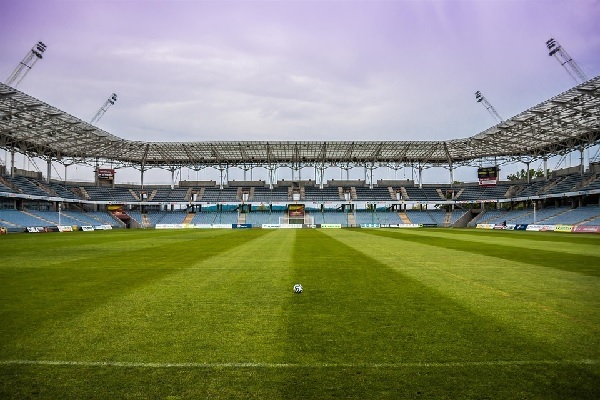Lawmakers in San Antonio, Texas and in surrounding Bexar County are giving the owners of the San Antonio Spurs, a privately owned National Basketball Association team, a total of $18 million in taxpayer funds to purchase Toyota Field, a local soccer stadium, in hopes of landing a professional soccer team within the next 10 years.
A new subsidiary of Spurs Sports and Entertainment, an ownership group led by Chairman Peter Holt, will be responsible for convincing Major League Soccer (MLS) to create a new team to play in the stadium. Should the company fail to land an MLS team in the city, Spurs Sports and Entertainment will be allowed to keep up to $13 million in taxpayer funds received.
‘On the Hook for Decades’
Pam Villarreal, a senior fellow with the National Center for Policy Analysis, says area taxpayers will be stuck with a big bill, regardless of the city’s success or failure in luring an MLS team.
“The City of San Antonio approved a $2.5 billion budget for 2016,” Villarreal said. “The total cost of the stadium is $18 million, with the city paying half and Bexar County paying the other half. This may seem small, compared to a $2.5 billion budget. However, it is expected that there will be an election in the next few years to decide on upgrades for the stadium. Unfortunately, taxpayers could be on the hook for decades.”
Villarreal says the math just doesn’t add up in taxpayers’ favor.
“Even for those who support public spending on stadiums, via excise or sales tax revenue, the promised economic goods for a shiny new stadium simply do not pan out,” Villarreal said. “Andrew Zimbalist, a leading sports economist at Smith College, and John Siegfried of Vanderbilt University have researched at length the economic effects of sports stadium deals on communities.
“Through much empirical analysis over several decades, they have concluded that sports stadiums do not increase employment or economic activity in an area and that most monetary benefits from the stadium accrue to the owners and the teams,” Villarreal said.
Other People’s Money
Zimbalist says spending taxpayers’ money to build sports stadiums often only benefits wealthy owners of sports teams.
“We’re talking about a stadium by itself, or an arena by itself, and on average, it doesn’t have a positive impact,” Zimbalist said. “Proponents will be team owners, construction company executives, construction unions, and some affiliated companies in the area.”
Zimbalist says sports stadium subsidies often fail to deliver results promised by private owners and lawmakers.
“People do large-scale statistical or econometric studies, and they don’t find introducing a new sports facility by itself will have a positive impact on per capita income, economic growth, or employment,” Zimbalist said.
Dustin Siggins ([email protected]) writes from Washington, DC.



